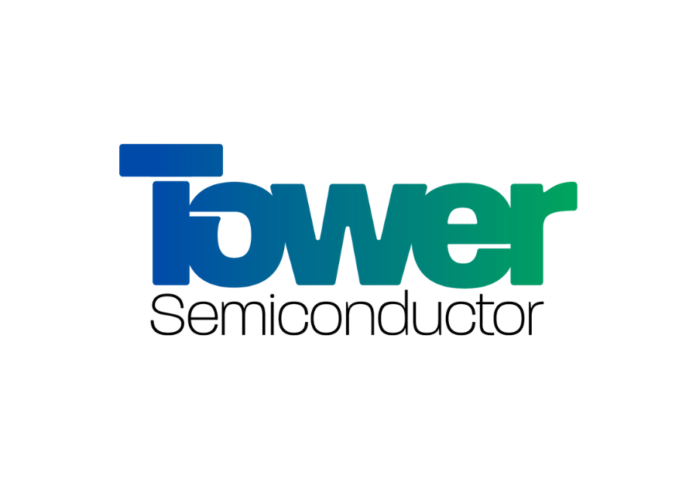Tower Semiconductor, an Israel-based contract chipmaker, reported lower fourth-quarter sales on Wednesday, citing unpredictability in automobile demand.
Tower Semiconductor, an Israel-based contract chipmaker, reported a decrease in fourth-quarter sales on Wednesday, citing uncertainties in car demand.
The corporation stated that the Israel-Hamas conflict had no influence on their operations or supply chain.
Its Nasdaq-listed shares rose 8.1% to $30.95 in morning trading.
In their most recent quarterly earnings, various chipmakers warned of the start of a supply glut in the automotive sector, which is expected to weigh on demand for businesses like Tower Semiconductor.
STMicroelectronics (STMPA.PA), which opens a new tab, expects a more than 15% decline in first-quarter sales in January due to lower automotive demand.
Tower Semiconductor, which develops analog and mixed-signal semiconductors used mostly in automobiles, posted revenue of $351.7 million for the three months ended December 31, a more than 12% decrease year on year.
The company would discontinue several lower-margin items, it stated, without providing any information.
It stated both of its facilities in Hokuriku, Japan, sustained tool damage, some “work in progress” was damaged, and activities were temporarily paused in the aftermath of an earthquake on January 1. Both plants have since resumed full operations, it noted.
Tower expects revenue of $325 million in the first quarter, with a 5% increase or decrease.
It reported an adjusted profit of 55 cents per share in the fourth quarter. Four analysts polled by LSEG predicted earnings of 52 cents per share.
CEO Russell Ellwanger stated that despite the earthquake in Japan during the quarter, Tower nevertheless exceeded profit and revenue forecasts, which would have been greater if not for the natural tragedy. He also stated that the company expects significant quarterly growth until 2024.
In 2023, Intel (INTC.O.) halted its planned $5.4 billion acquisition of Tower. However, Ellwanger claimed it was able to clinch a contract for high capacity at an Intel-owned factory in New Mexico to create 65 nm chip flows for power management.
Customer prototypes will be available in the latter half of 2024, he said. “We were able to build off (the Intel termination) very well,” Ellwanger told me. Still, “if the deal had happened, I think there’s other things that we could have done that otherwise we’re not doing now.”
Do Follow: CIO News LinkedIn Account | CIO News Facebook | CIO News Youtube | CIO News Twitter
About us:
CIO News, a proprietary of Mercadeo, produces award-winning content and resources for IT leaders across any industry through print articles and recorded video interviews on topics in the technology sector such as Digital Transformation, Artificial Intelligence (AI), Machine Learning (ML), Cloud, Robotics, Cyber-security, Data, Analytics, SOC, SASE, among other technology topics.






